Spring Festival in Dali
by Luo Zhengpeng, Edgar
One week before the Spring Festival, I was restless and excited, envisioning my trip back to Midu, a remote county in Dali Bai Autonomous Prefecture surrounded by the continuous mountain range on Yunan-Guizhou Plateau in Southwest China. Having been away from home for over six months, I was beginning to miss the landscape, the people and the tranquility of rural life in my village.

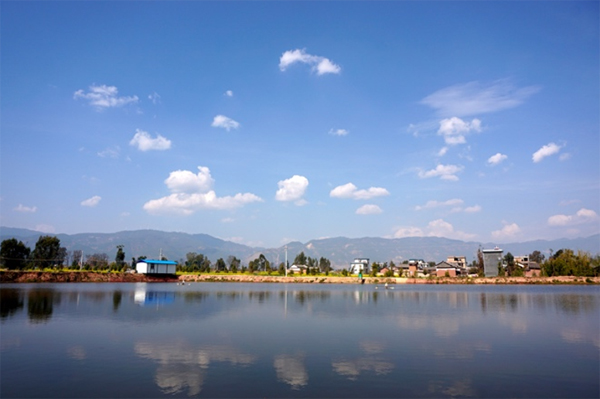
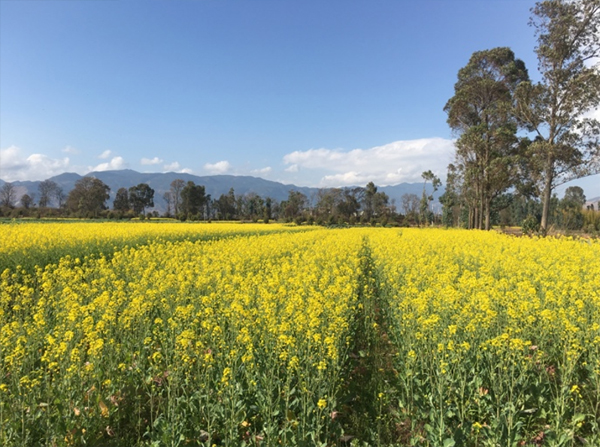
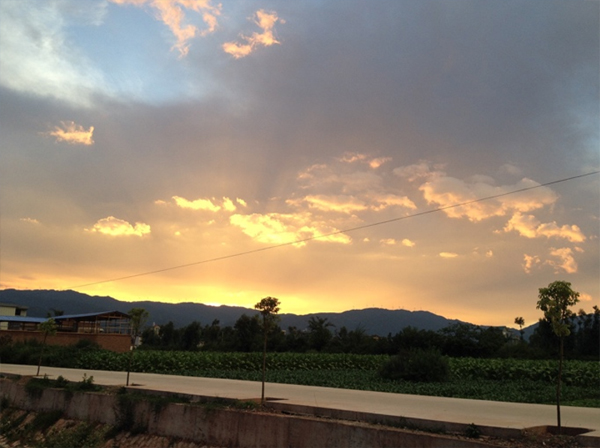
As the grandest annual celebration in China, Spring Festival bears significant meanings for Chinese people, especially for those who come from rural areas where almost every young villager works as a migrant worker around the country. For these people, the Spring Festival is literally the only chance for a family reunion throughout the year. As the saying goes, “no matter how much or how little you have earned in the past year, be sure to come home for Spring Festival”. As a student who made my way from a remote village to Beijing, and then to the international metropolis of Hong Kong, I cherish this special occasion deep inside my heart. After flying from Hong Kong International Airport to Kunming, the Spring City, I embarked on a six-hour coach journey back home. It was already late at night when I arrived at the station and my father had been waiting for me for three hours. It has been a year since we last met during the previous Spring Festival. As a migrant worker who travels to different places to work, my father would arrive at home a few days before me in order to clean up our house, which has remained empty for the whole year.
On the last day of the lunar year, our whole family went to the local market to purchase necessary goods for Spring Festival, as the market will only resume 3 days after the new year. In our village, the Spring Festival custom has remained largely unchanged since my childhood. On the day of Spring Festival, family members would get together and participate in the joint activity of cooking up a nice dinner. People in my village still observe an old ritual before the dinner starts. Every family would take one sample of every dish they cook to offer sacrifices to local gods and their ancestors as a means to show their reverence and remembrance. After the dinner, the senior family members would give fortune money to children as a token of good wishes for the coming year. After lighting up a fire pit in our yard, my family engaged in an annual family chat while enjoying the Spring Festival Gala broadcasted on TV across China.
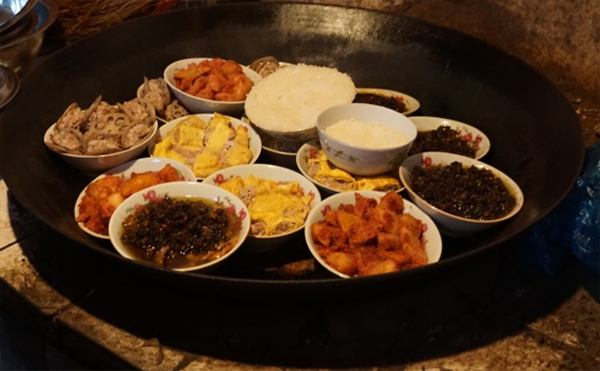
On the first day of the Chinese New Year, there is special custom to observe as well. The villagers would get up very early in the morning to compete to draw the first bucket of water from a well that is over 100 years old. People believe that the first bucket of water signifies prosperity in the following year. It is considered inauspicious to sweep the floor and spill water onto the ground on the first day of Chinese New Year. People are also expected to not visit others’ houses on this day, as it may bring back luck to other people. Given the rapid pace of urbanization, however, such customs are gradually disappearing.
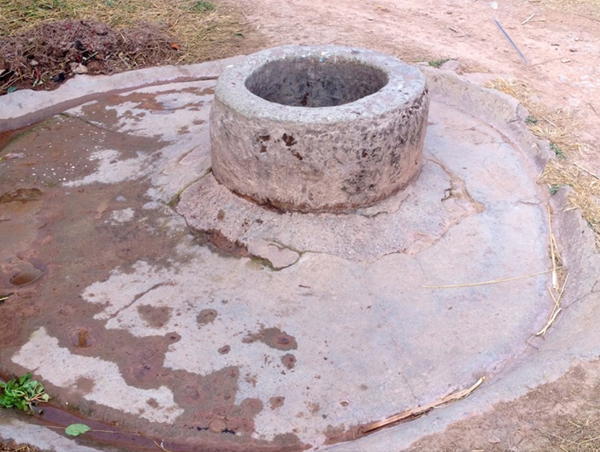
The Spring Festival celebration goes on until the Lantern Festival on the 15th day of the Lunar New Year. As most of the villagers have to travel back to faraway places to earn a living, the Lantern Festival has become a luxury for them, and for me as well, as I had to travel back to Hong Kong 7 days after the new year. After saying farewell to my family, I again embarked on my journey with sweet memories and hopes for a reunion in the next Spring Festival.

Our apologies, you must be logged in to post a comment.